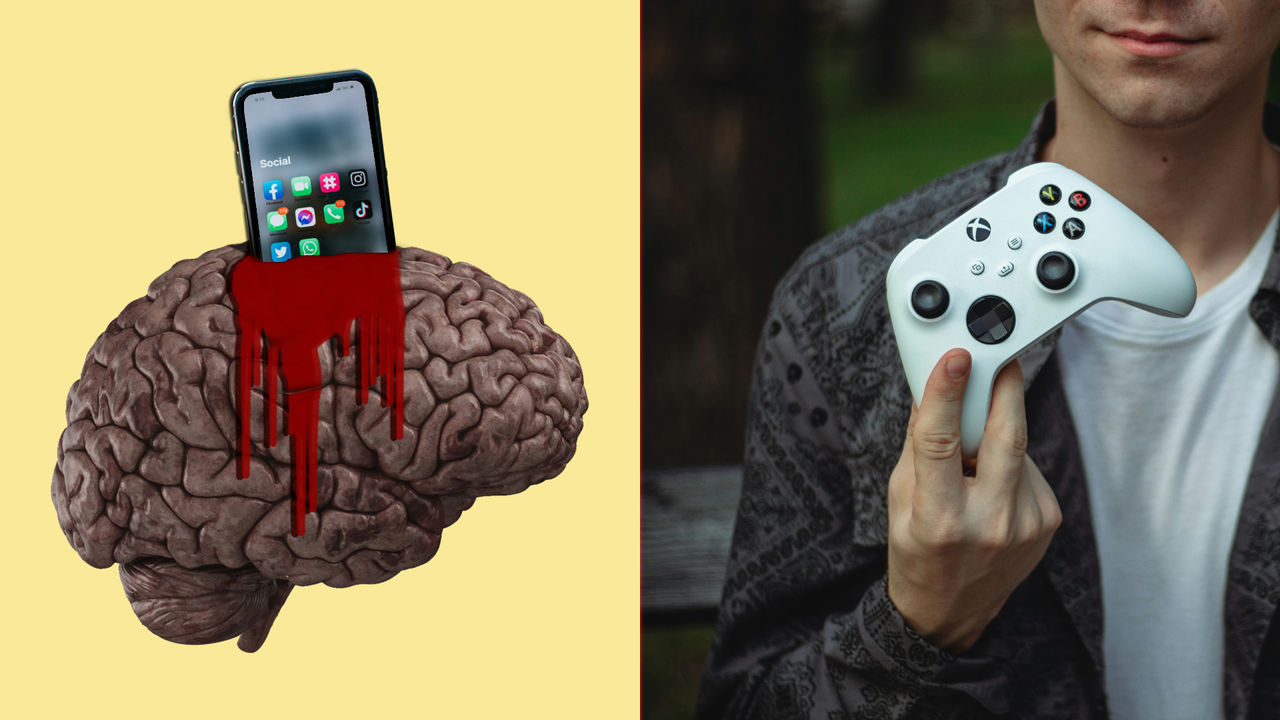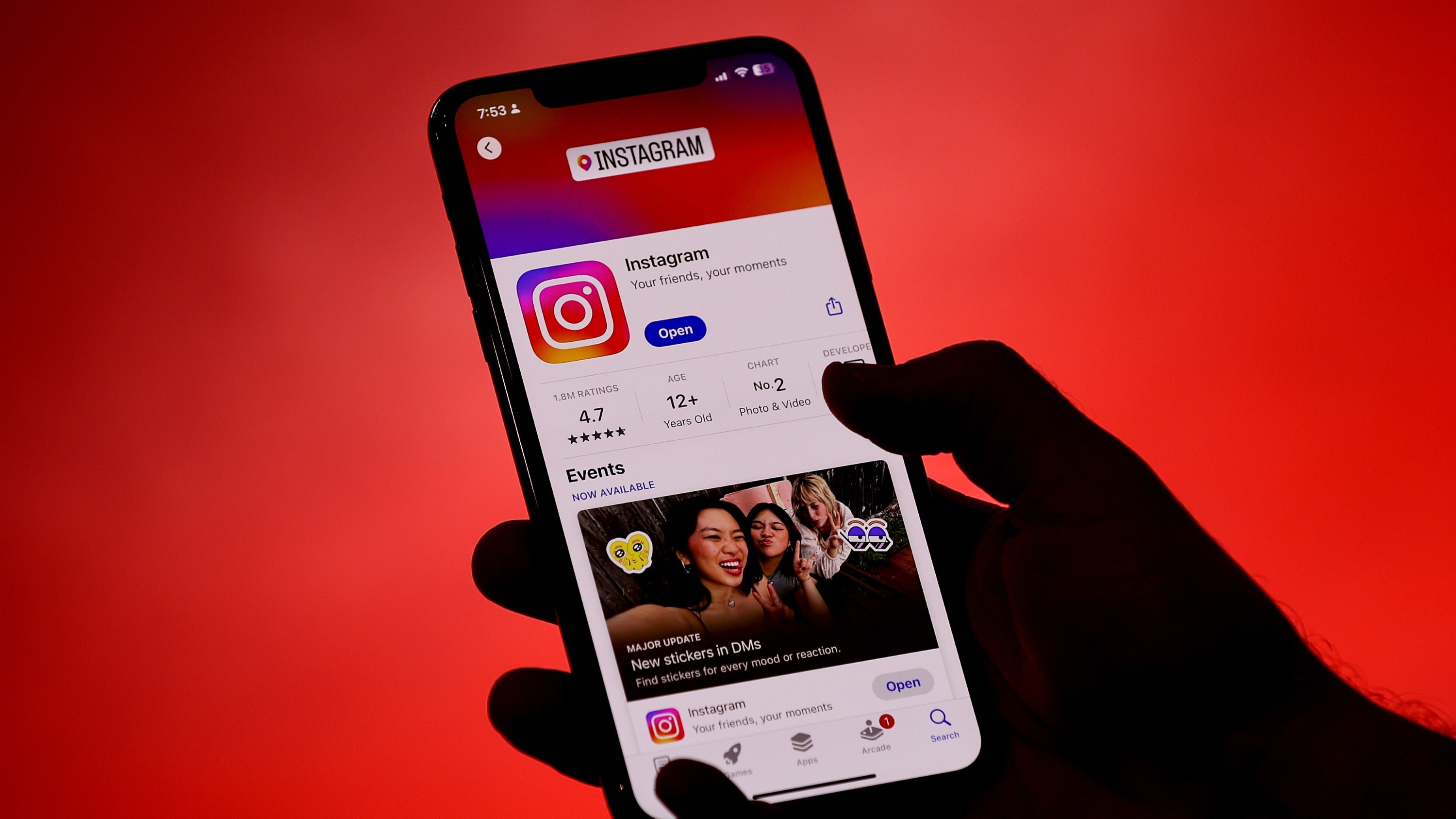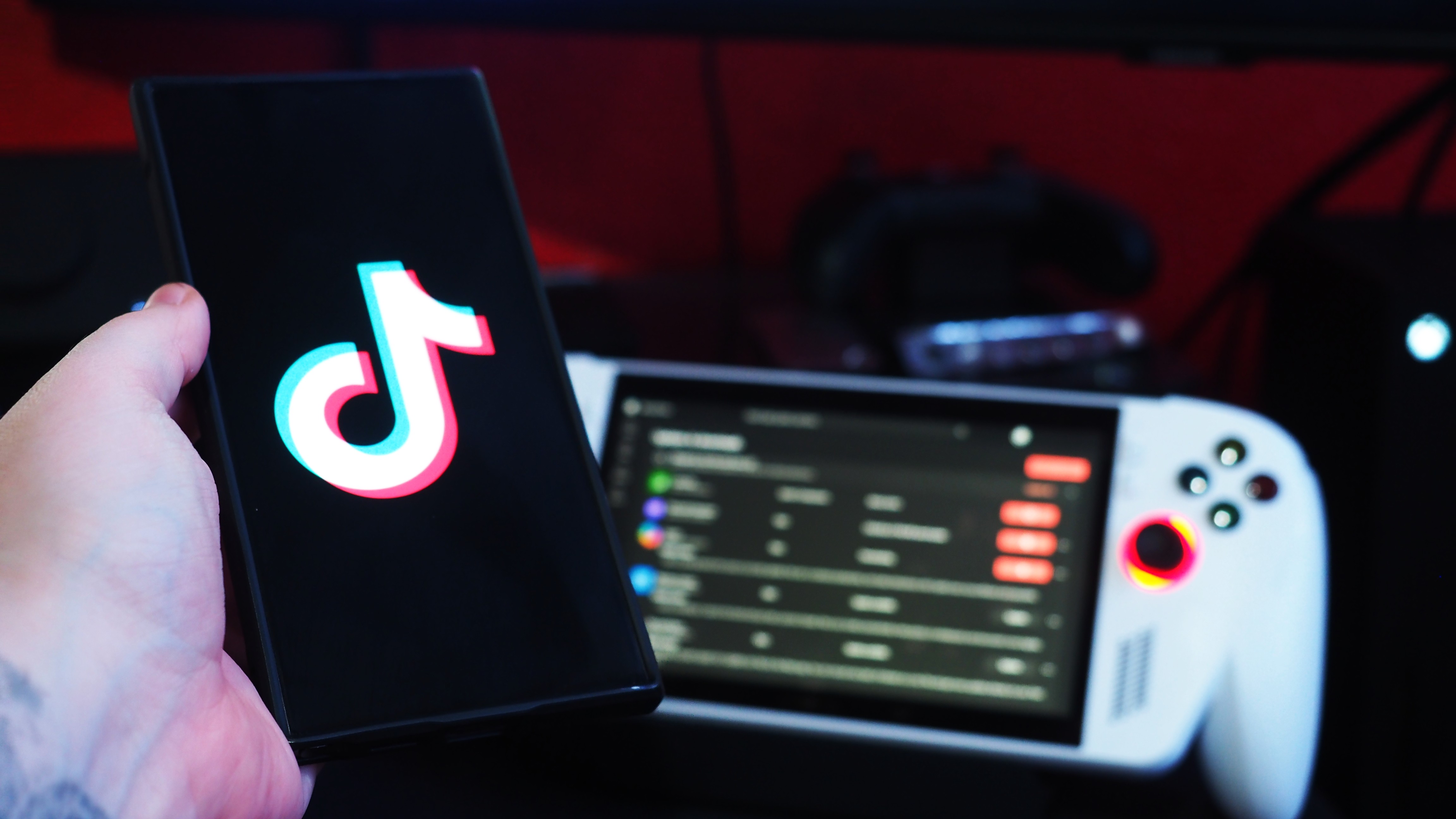
Clinicians are increasingly talking about “digital dementia,” though it’s not yet a recognized medical condition. The term started in South Korea, where doctors observed that many young people were experiencing memory and focus problems potentially connected to spending a lot of time on their phones and social media.
This describes a trend where spending too much time looking at screens can hinder the development of thinking skills that usually grow through hands-on experiences. Early findings suggest this can lead to issues like forgetfulness, trouble concentrating, and a shorter attention span.
Younger people might be especially vulnerable because their brains are still growing. Things like short videos, endless scrolling, and frequent notifications can make it hard to concentrate for long periods. This repeated pattern of quick attention spans could be rewiring the brain, leading some doctors to worry about the long-term effects of spending a lot of time on digital devices.
What recent research reveals about digital dementia

As a researcher studying the impact of technology, I’ve been looking at data that consistently shows a connection between heavy digital use and difficulties with attention and memory, particularly in young people. We’re seeing that those who spend a lot of time on devices often struggle with focusing for extended periods and remembering things – their working memory seems to be affected.
A study by Chaarani and colleagues backs up these worries. They discovered that children who spent several hours each day using digital content showed more signs of attention difficulties and symptoms linked to ADHD, although these weren’t severe enough to be considered a clinical diagnosis.
A recent analysis of 35 studies looked at how screen time, quick videos, endlessly scrolling through bad news, and feeling emotionally drained relate to mental fatigue. The research consistently showed that these habits can overwhelm the minds of young people.
As a tech fan, I’ve been thinking a lot about how our brains are changing with all this fast-paced content. It seems like we’re actually training our brains to *crave* new stuff constantly, instead of being able to really focus. All those quick cuts and constant notifications? They might be making it harder to concentrate on things that aren’t super stimulating, which then makes everyday life feel a bit…boring, honestly. It’s like we’re getting used to a really high level of excitement, and everything else just feels slow in comparison.
Teens and young adults, particularly those still in high school, seem to have more trouble with attention when they spend a lot of time on digital devices. This is likely because their brains are still developing and are easily overwhelmed by constant distractions and information overload.
Although not a formal medical condition, “digital dementia” is gaining attention because young people seem to be experiencing more and more difficulties with memory and concentration.
How video games may improve cognitive function
It’s true that phones, quick videos, and endlessly browsing negative news are worrying habits. However, research suggests that not all time spent on screens is bad. Unlike passive scrolling, playing video games is an engaging activity that demands concentration, problem-solving, and quick reactions.
I was reading this really interesting study by Martinez and their team, and it turns out that playing video games weekly can actually be good for your brain! They found that regular gamers tended to have better working memory, were better at planning, and could think more flexibly. What’s even cooler is that this wasn’t just because they were younger or more educated – the benefits seemed to come *from* the gaming itself! It’s pretty exciting to see some real evidence of the positive effects of gaming.
A recent study by Li and colleagues used brain scans to see how playing video games affects the brain. They found that just one hour of fast-paced gaming could improve both how quickly and how accurately people react, suggesting that interactive games can boost brain function.
A study by Chaarani and colleagues discovered that children who played video games for at least three hours daily actually showed better impulse control and working memory. Brain scans of these children also revealed increased activity in the areas responsible for attention and memory, indicating that gaming might boost these brain functions, even with extended playtime.
Can social media harm and video game benefits be compared

Social media and gaming affect your brain in different ways. Social media tends to reward quick glances and simply taking in information, whereas gaming requires you to focus for longer periods, make choices, and figure things out.
Social media offers quick, but ultimately unsatisfying, rewards. When we scroll, our brains get small bursts of dopamine – a chemical linked to pleasure – which keeps us checking our feeds constantly and makes it hard to focus on one thing for very long.
Games are unique because they motivate players through hard work, improvement, and skill-building. This encourages them to keep playing and become more invested.
Studies frequently show contrasting results when it comes to digital habits and attention. Simply using devices passively – like endlessly scrolling – tends to worsen focus and can lead to feeling drained. However, engaging in active digital activities, such as playing video games, can actually *improve* attention, memory, and overall thinking skills. Research from Martinez, Li, and Chaarani consistently supports this idea, demonstrating that gameplay can effectively stimulate brain activity.
It’s important to remember that things aren’t always simple. While too much gaming can lead to issues with sleep or managing daily life – and this is well-known – using social media in moderation can actually be helpful, particularly for keeping in touch with friends and groups. Ultimately, whether an activity is positive or negative depends on *why* someone is doing it, *how* involved they are, and *how much* time they spend on it.
How to make sense of the competing evidence
Often, the issue isn’t the screen itself, but *how* we use it. Mindlessly scrolling through feeds is like unhealthy snacking for the brain, whereas playing games can be a more stimulating and beneficial activity.
The fact that “brain rot” was Oxford’s word of the year in 2024 highlights that these concerns are widely recognized. While the scientific understanding of the term is still developing, people are already noticing and talking about these issues.
However, the issue isn’t simply about technology being good or bad. While excessive screen time can pose risks – a phenomenon sometimes called ‘digital dementia’ – research on gaming is still evolving. Importantly, unlike just passively scrolling through content, studies suggest gaming can actually *improve* cognitive function, making this a surprisingly complicated topic.
FAQ
What is digital dementia?
“Digital dementia” is a term for the attention and memory problems some people experience due to excessive use of digital devices. It’s not an official medical diagnosis, but doctors are noticing these patterns more and more in younger individuals and use the term to describe them.
Does social media actually harm the brain?
Spending a lot of time mindlessly scrolling through content might make it difficult to focus for long stretches and can lead to mental tiredness. This seems to affect younger people the most, as their brains are still developing the ability to concentrate.
Can video games actually help the brain?
Research suggests that playing certain video games can actually help improve skills like memory, fast thinking, and self-control. However, the extent of these benefits depends on the specific game, how intensely it’s played, and how much the player focuses while playing.
Read More
- Darkwood Trunk Location in Hytale
- How To Watch A Knight Of The Seven Kingdoms Online And Stream The Game Of Thrones Spinoff From Anywhere
- Ashes of Creation Rogue Guide for Beginners
- Best Controller Settings for ARC Raiders
- Hytale: Upgrade All Workbenches to Max Level, Materials Guide
- Olympian Katie Ledecky Details Her Gold Medal-Winning Training Regimen
- RHOBH’s Jennifer Tilly Reacts to Sutton Stracke “Snapping” at Her
- Daredevil Is Entering a New Era With a Chilling New Villain (And We Have A First Look) (Exclusive)
- So Long, Anthem: EA’s Biggest Flop Says Goodbye
- Arc Raiders Guide – All Workbenches And How To Upgrade Them
2025-11-17 18:41